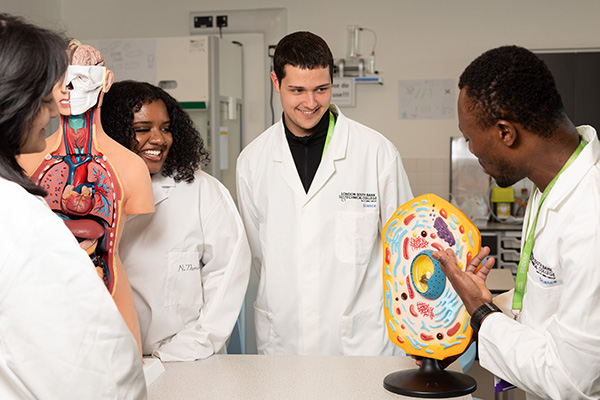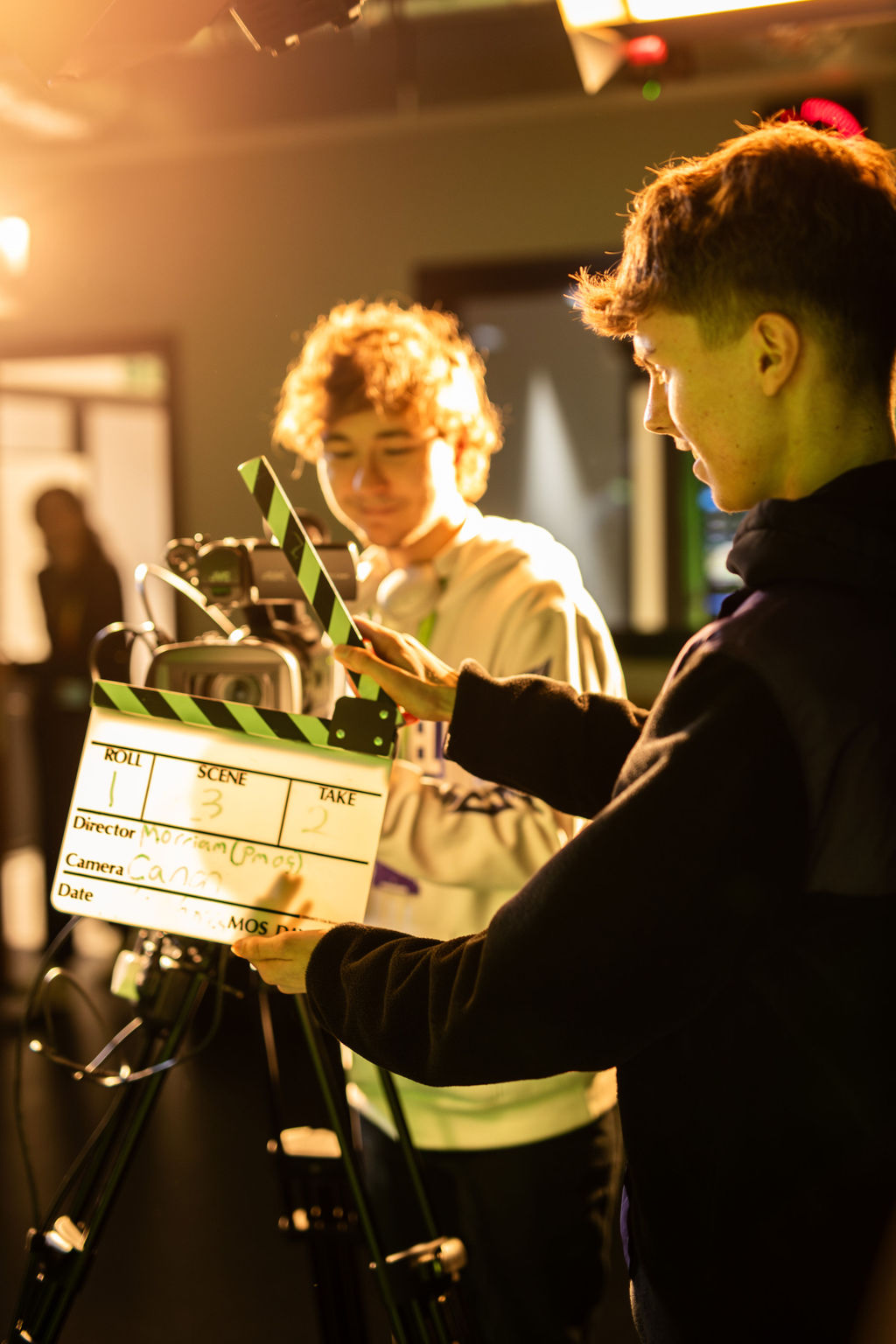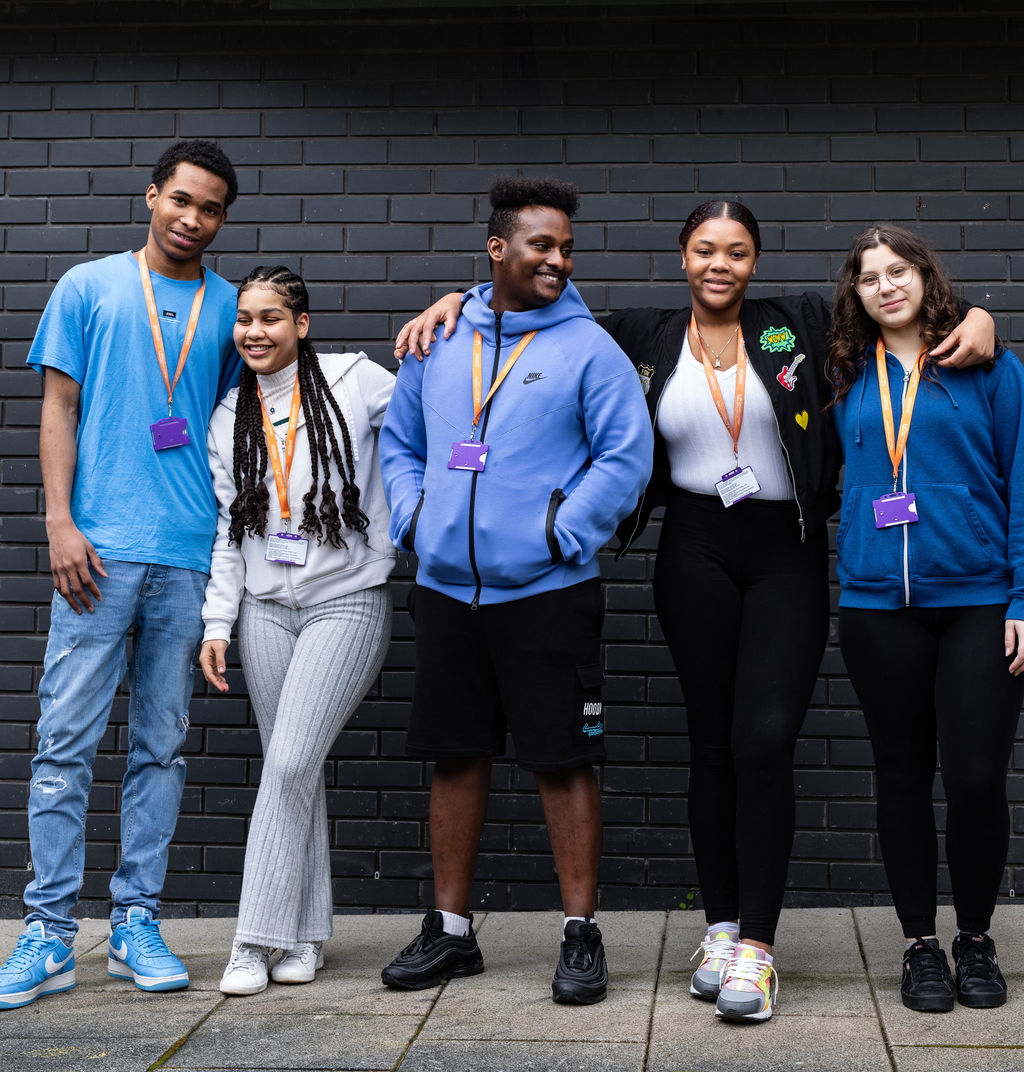13th–17th October 2025 marks T Levels Week — a national celebration of one of the most exciting developments in technical education. Across the country, colleges, employers, and students are coming together to highlight the value of T Levels: qualifications that blend classroom learning with real-world industry placements.
At South Bank Colleges, T Levels are transforming the way young people in South London prepare for their futures.
What are T Levels?
T Levels are two-year technical qualifications for 16–19 year olds, broadly equivalent to three A levels. Each course combines academic study with a minimum of 45 days of industry placement. This unique structure gives students both the knowledge and the hands-on experience they need to move forward into employment, higher apprenticeships, or university study.
A Distinction* in a T Level is worth the same UCAS points as three A*s at A level, and over 160 higher education institutions — including many in the Russell Group — now welcome T Level students onto degree programmes.
Local opportunities with national impact
At South Bank Colleges, T Levels open doors not only to national career pathways but also to local opportunities right here in South London. With campuses in Clapham, Brixton, and Nine Elms, students are able to study in their community while working with employers across industries such as construction, health and science, business, digital, and more.
Through these partnerships, T Level students contribute to the local economy while building the skills and confidence that employers value. Many even secure permanent jobs or apprenticeships with the organisations where they complete their placements.
New subjects, new horizons
This year marks the launch of the brand-new T Level in Marketing, adding to a growing list of exciting study routes. From digital production to engineering, education, health, and beyond, South Bank Colleges is equipping young people with the skills needed in the workforce of tomorrow.
Every new subject broadens the possibilities for students, and highlights how T Levels are evolving with industry demands.
Student voices and success stories
Perhaps the best evidence of T Levels’ impact comes from the students themselves. Many describe the confidence gained through their industry placements, the real-world connections they’ve built, and the sense of direction T Levels have given them for their careers.
Graduates from South Bank Colleges have gone on to higher apprenticeships, university degrees, and jobs in sectors ranging from healthcare to computing. A significant number also move directly into work with their placement employers — showing the strength of the link between study and industry.

A future to celebrate
As Minister for Skills Jacqui Smith said, “T Levels are at the forefront of technical education… they break down barriers to opportunity, giving young people hands-on experience through industry placements.”
At South Bank Colleges, we are proud to be part of this growing movement, giving students the chance to thrive in education and beyond.
Here’s a breakdown of the key differences between A Levels, BTECs, and T Levels — and the kinds of learners and career goals each best suits:
🎓 A Levels (typically studied at school or a sixth form college)
What they are:
-
Academic qualifications usually taken over two years.
-
Students typically study three subjects of their choice (for example: English, Maths, Biology).
-
Assessment is mainly through a big written exam at the end of the course.
Best for students who:
-
Enjoy academic, theory-based learning.
-
Are not yet sure of their career path and want to keep their options open.
-
Are planning to go to university for traditional academic subjects such as economics, history, or literature.
Where you’ll find them:
-
Usually offered at a school sixth form or specialist sixth form college.
💼 BTECs (offered at further education colleges like South Bank Colleges)
What they are:
-
Vocational qualifications focused on practical, work-related learning.
-
You study a single subject in depth.
-
Each BTEC is linked to a specific career area — such as business, health and social care, science, IT, engineering, or creative media.
-
Assessment is through coursework, projects, and practical assignments rather than long exams.
- A full Level 3 BTEC is equivalent in UCAS points to three A Levels, so it’s a strong route into university as well as work or apprenticeships.
Best for students who:
-
Prefer hands-on, applied learning rather than purely academic study.
-
Already have an idea of the career sector they want to enter.
-
Want a qualification that can lead directly into work, apprenticeships, or higher education (many BTEC students still go on to university).
Where you’ll find them:
-
Further education colleges like Lambeth College or London South Bank Technical College.
⚙️ T Levels (offered at further education colleges like South Bank Colleges)
What they are:
-
Equivalent to three A Levels, and designed in collaboration with employers.
- With T Levels, you study one subject in depth — with a stronger technical and workplace focus.
- Include a substantial industry placement (around 45 days) giving real-world experience.
-
Assessment combines exams, coursework, and on-the-job performance.
Best for students who:
-
Want a clear pathway into a specific technical or professional career.
-
Like a mix of classroom learning and practical experience in a real workplace.
-
Might later move into an apprenticeship, higher technical qualification, or university-level study in the same field.
Where you’ll find them:
-
Specialist technical colleges such as London South Bank Technical College, which focuses on STEM and creative digital pathways.
Why students choose college instead of staying at school
-
More independence – colleges treat you more like an adult.
-
Specialist facilities – e.g. engineering workshops, TV studios, science labs, construction bays.
-
Real-world experience – BTEC and T Level students gain practical skills that employers value.
-
Broader student community – students of different ages and backgrounds.
👉 To find out more about the T Levels available at South Bank Colleges, visit:
https://www.southbankcolleges.ac.uk/courses/t-levels



